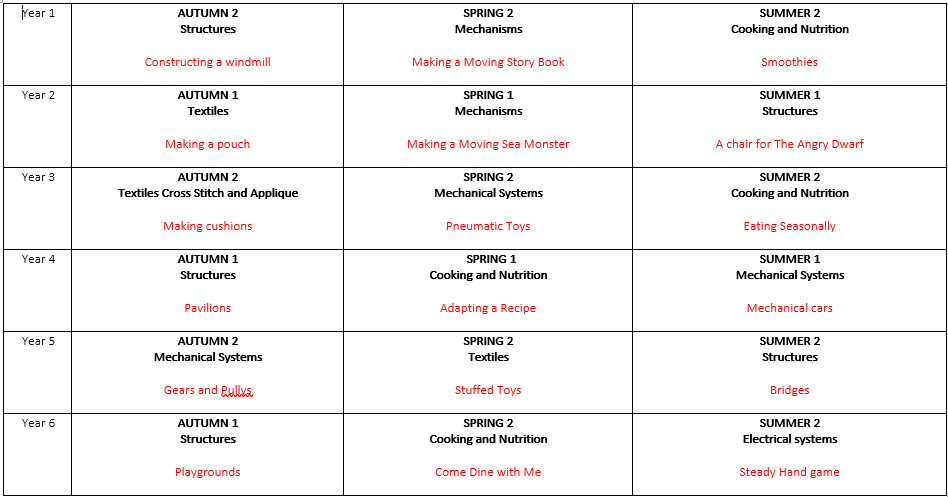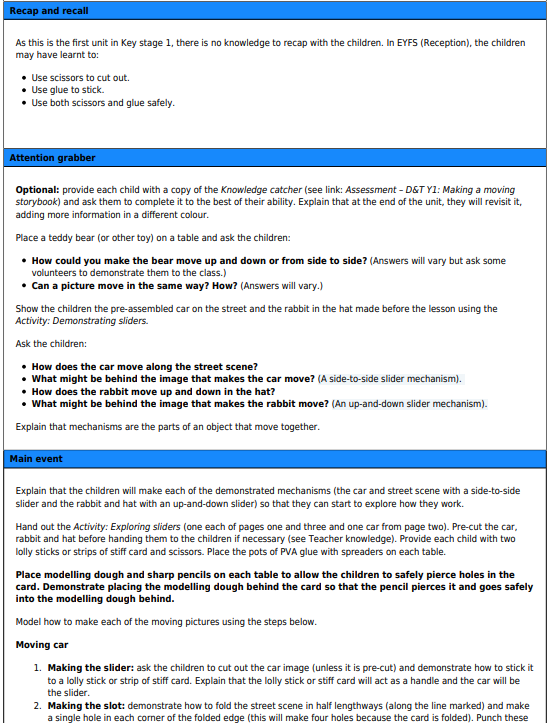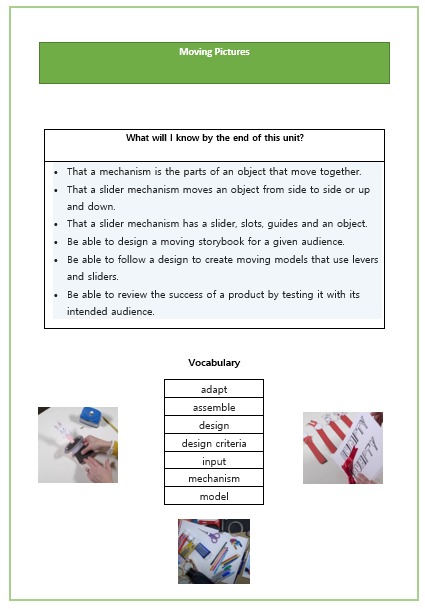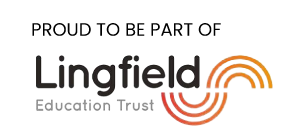‘Primary Design and Technology is a perfect example of head and hands working together’
– Design and Technology Association.
Design and Technology at Handale
Design and Technology is essentially a practical activity concerned with developing the children’s ability to investigate, analyse, design, make and evaluate as part of a whole process. At Handale Primary School we recognise that children are living in a highly developed technological world. Design and Technology provides the children with the opportunity to develop and use a range of skills that will prepare them for a constantly changing society, increasingly dependent on technology.
Design and Technology activities will enable the children to use their creativity, imagination and social interaction skills to design and make their own products, understanding the processes from planning to making, evaluating and refinement. During the teaching of design and technology, a wide range of new skills will be acquired and the knowledge of other subjects, such as mathematics, science, ICT and art, will be drawn upon and applied. Children will also develop the life skills and knowledge associated with healthy living, food nutrition and cookery.
At Handale Primary we use the Kapow Scheme of learning for Design and Technology.
Long Term Plan

Planning
We use the unit plans from the Kapow Scheme of Learning to structure our lessons. This gives us an overview of skills, knowledge, vocabulary and the steps for teaching and learning. Please see the example below.

Sequence of Learning
For each unit of work, there is a sequence of learning. Please see the example below.

Retrieval Practice at Handale Primary School
At Handale, we understand the importance of retrieval practice in helping children embed knowledge into their long-term memory. Throughout the school day, pupils are given regular opportunities to revisit and recall prior learning, strengthening their understanding and building confidence.
Our day begins with a Knowledge Check, where pupils engage in short, focused questions designed to activate previous learning. This not only prepares them for the day ahead but also reinforces key concepts and vocabulary.
Teachers use skilful questioning techniques to assess understanding, address misconceptions and connect new learning to what pupils already know. Retrieval practice is woven into lessons across the curriculum, helping children retain and apply knowledge over time.
This consistent approach ensures that pupils are not just learning they are remembering, applying and building upon their knowledge in meaningful ways.
Knowledge Organisers




